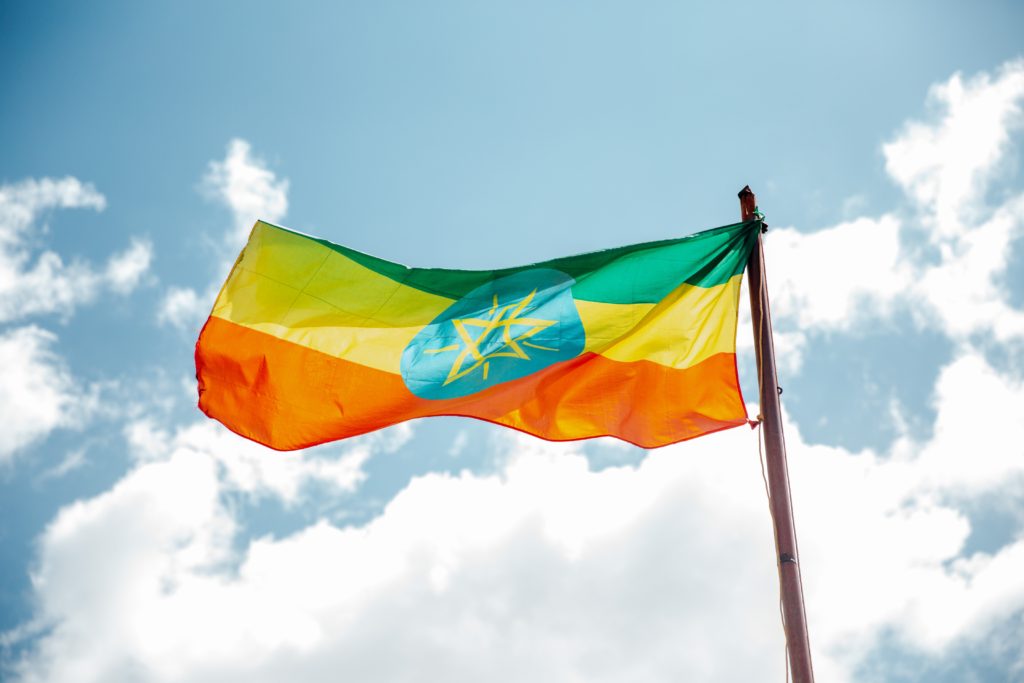In recent news, the yearlong war between Ethiopia and Tigray has intensified resulting in devastating tragedies, war crimes, and risks of famine. On Nov. 6, a Travel advisory was implemented on Ethiopia, and continues to remain in place.
The war between Ethiopia and Tigray was sparked by the Tigray People’s Liberation Front attacking an Ethiopian army outpost in the regional capital of Mekelle in November of last year. As an attempt to stop the attack and rebellion, the Ethiopian army initiated brutal force. This included sending airstrikes to Mekelle for the past month and a half. Eritrea, one of Ethiopia’s neighboring countries has also been involved by sending troops to fight for the Ethiopians.
According to AP news, “An estimated tens of thousands of people have been killed in the war between Ethiopian and allied forces and fighters from the country’s northern Tigray region.”
The fighting has continued to intensify and drastic measures have been taken. Human rights have been violated by both the TPLF and Ethiopian government, as ethnically based rape and massacres have taken place.
The article, “Ethiopia on the brink as crisis threatens ‘peace and stability’ of region” explains that famine and starvation continues to spread from the Tigray region and is predicted to soon engulf the rest of Ethiopia. This is due to a shortage and cut off from supplies. Tigray forces are moving closer to Addis Ababa, Ethiopia’s capital, indicating “a risk of an all-out civil war engulfing Ethiopia’s population of 110 million.”
Rebekah Urges, a graduate from Milligan University, was born in Ethiopia and currently has friends and family that live there.
“TPLF has been mercilessly taking lands and executing people for 30 years,” said Urges. “TPLF knows very well the only way it can survive is by dividing and spreading hate amongst the people of Tigray.”
USAID has called this conflict “one of the worst humanitarian crises in the world”. The United States continues to urge citizens and people to leave Ethiopia due to the deadly forces used by both Tigray and the Ethiopian government.
“Most of my family lives in the city, but some have lost land and have been kicked out of their homes,” said Urges. “Those who live in the city are safe, for now.
For Urges though, one of the most critical points in the conflict to come will be the invasion of Ethiopia.
“You must understand the U.S is ready with troops in Djibouti waiting for one wrong move from Abiy (Ethiopia’s prime minister) making that an excuse to quite literally invade Ethiopia,” Urges said.
Kajela Dersue, a freshman at Milligan who was also born in Ethiopia, explained acknowledgement and understanding is key to helping Ethiopia.

